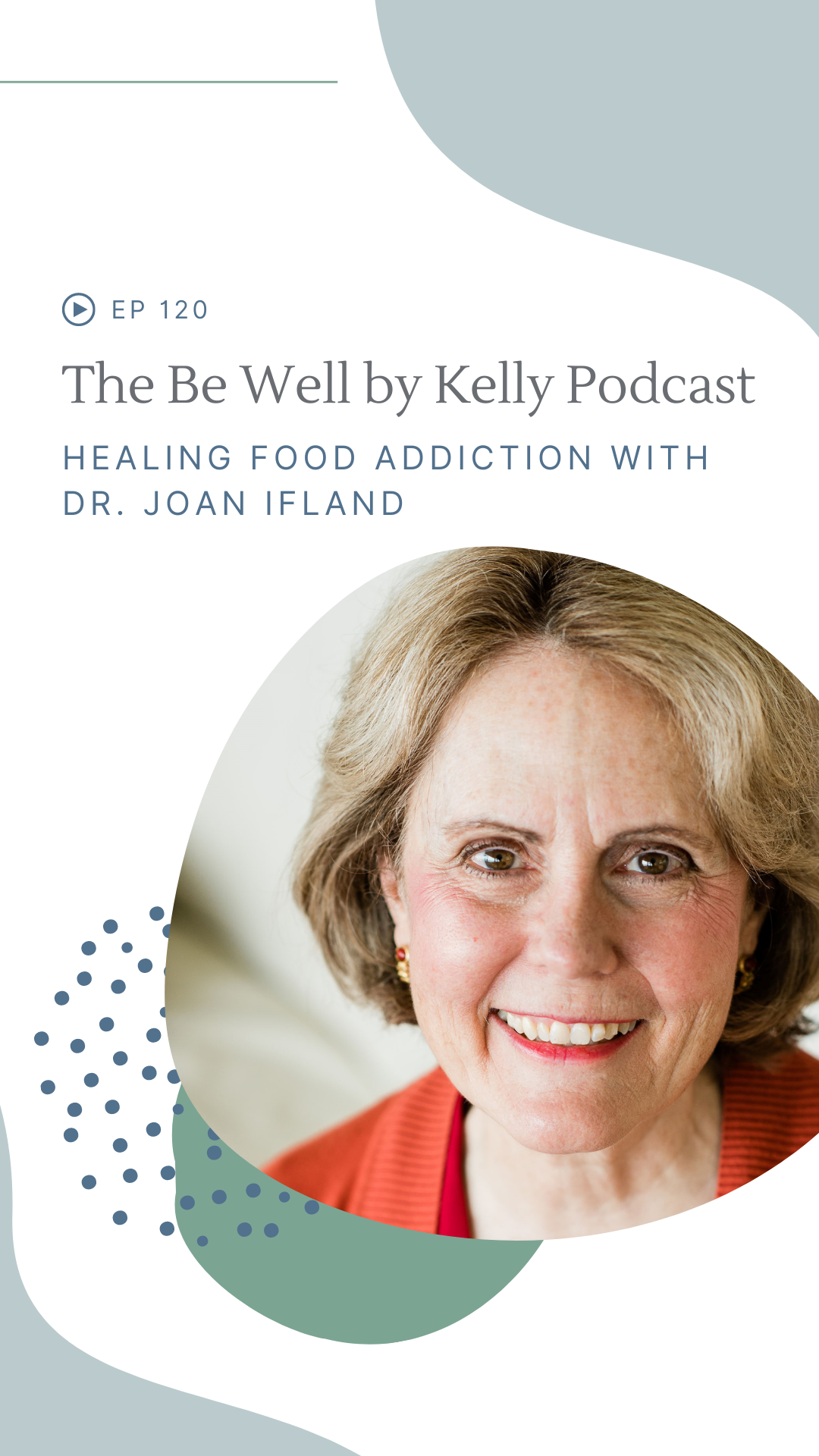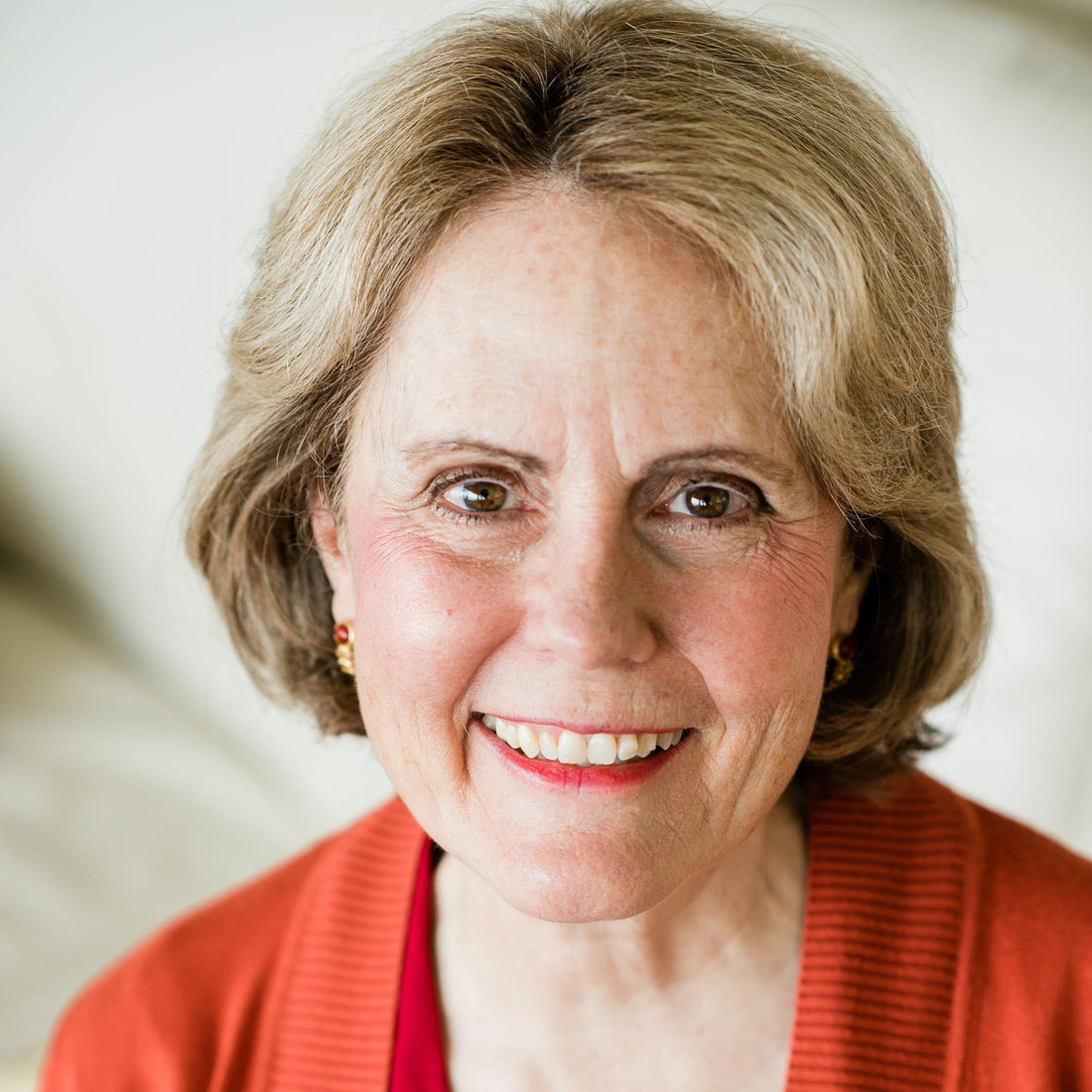
LISTEN ON: APPLE PODCASTS | SPOTIFY
Dr. Joan Ifland, a pioneer in food addiction, explains how we can retrain our brain cells to disengage from fast food messaging and understand the “why” behind bad eating habits.
Dr. Joan Ifland has dedicated 25 years to helping people release their iron-tight addiction and consequential suffering from processed foods.
I love Dr. Joan’s work because it’s built from a place of kindness. There’s no shaming or shortcuts in her slow-and-steady solution that puts our minds on track to make the food decisions that make us happy and healthy.
Today we uncover how societal conditioning around food sets us up for failure, how companies profit from cravings, and the long-term tactics we can employ to untangle ourselves from dangerous fast food messaging and addictive habits.
Show Notes:
Food addiction can take many form factors, these include: unintended use, or using food in times without intention, failure to cut back, time spent is thinking about food or dieting all of the time and struggling to focus on other things, cravings, failure to fulfill roles (limiting lifestyle factors), problems in relationships, missing out in events or activities, hazardous use, tolerance (or building up tolerance/frequency to satisfy cravings), and withdrawal
For some people, practicing fasting can lead to binging as a survival mechanism kicks in urging you to eat in reaction to feelings of restriction
Dr. Ifland encourages eating real, whole foods which don't promote cravings in the ways that processed foods do
Stress activates the addictive brain cells and fuels food addiction
By not bringing processed foods into the house, you're making the decision not to eat them on time, not asking yourself to avoid them time and time again when they're in your cupboard
Resources:
Website: drjoanifland.com + processedfoodaddiction.com
Instagram: @foodaddictionreset
Connect with Kelly:
Instagram: @bewellbykelly
Facebook: www.facebook.com/bewellbykelly
Be Well By Kelly is a production of Crate Media






